Democratic Republic Of Congo
After a week of severe floods in the Democratic Republic of Congo, the Equateur region is now the latest to be affected by rising water from the Congo River.
At the end of December, the flooding hit the provinces of Ituri and Mongala as well as the capital Kinshasa.
Now, locals in the city of Mbandaka and its peripheries are struggling to cope with the flood waters, which authorities say have destroyed over a hundred homes.
As of December 28, 60 fatalities had been reported across the country due to the floods.
The flooding comes after a month of exceptionally heavy rainfall, which has also triggered deadly landslides and building collapse.
This week a state of emergency was declared, as well as the release of emergency funds of approximately $4 million aimed at providing humanitarian aid to those affected.
Experts say the short but intense bursts of rain are a key marker of climate change, and when combined with the hot, very dry periods that precede the rains, create the prime conditions for flooding. The heat hardens the soil, which in turn makes it less permeable and able to collect excess rain water.
Making matters worse are the impacts of deforestation, which increases the risk of mudslides.
The floods are the most severe in over sixty years, since the last major flooding in Kinshasa in 1961.





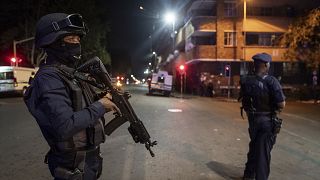
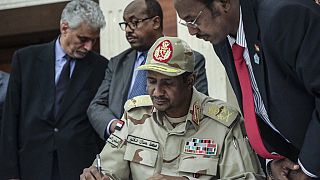


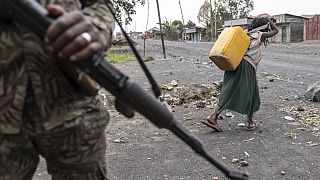
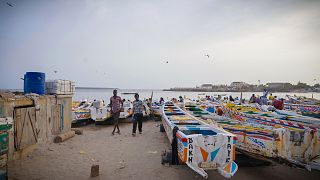
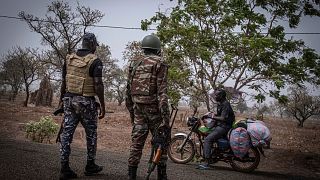
Go to video
84% of world's coral reefs affected by worst coral bleaching event in history
01:40
‘The Herds’ puppets highlight climate change in Lagos
Go to video
Kinshasa reacts to Trump's claim that 'many' Congolese come to US
Go to video
South African orphanage rehabilitates injured predator birds
Go to video
Protesters in Haiti demand protection against gangs
01:37
Indigenous and climate activists rally in Brasília ahead of COP30